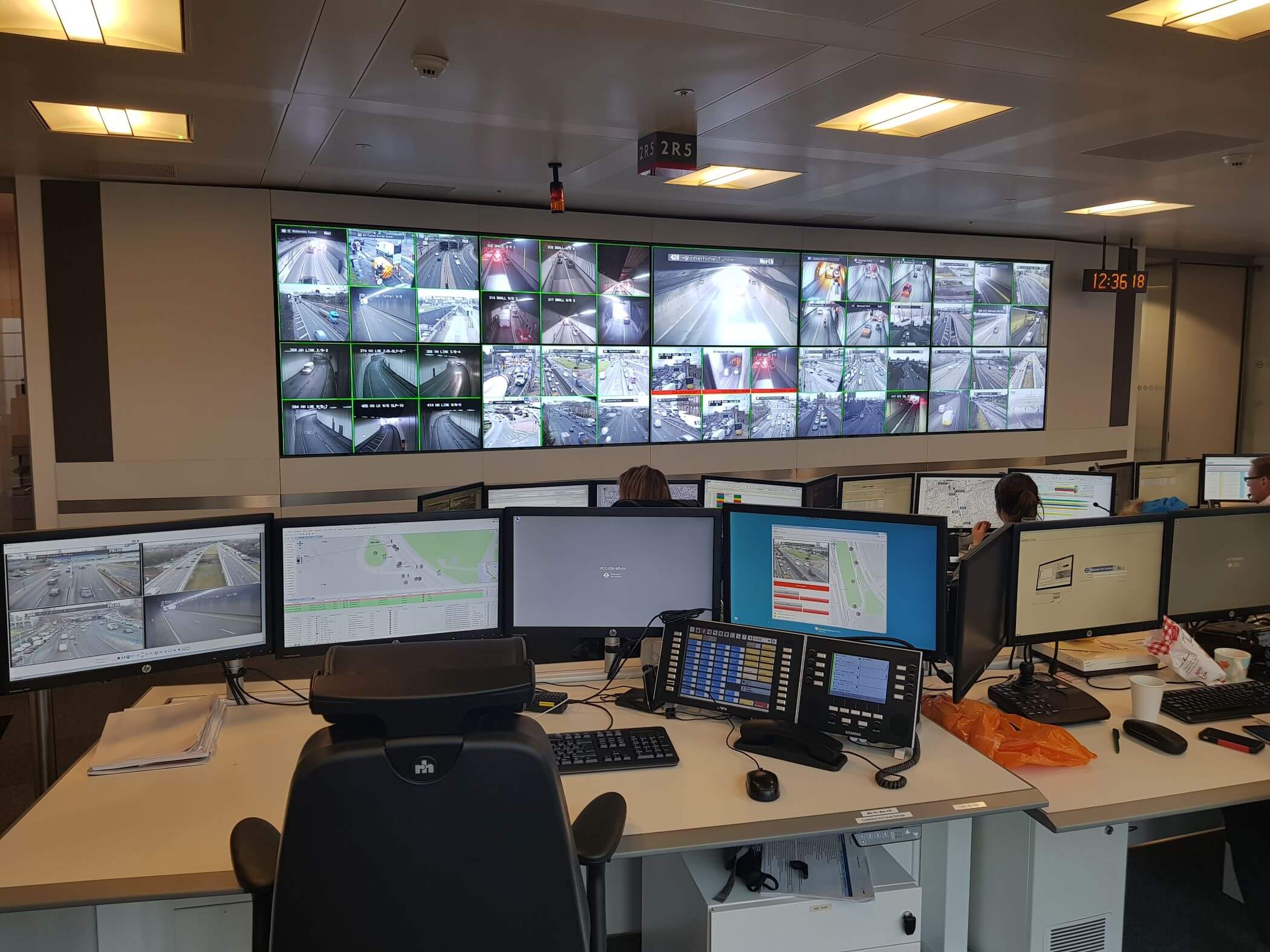
Regulation
It is necessary to address a global regulatory activity on transport and mobility that currently has several challenges on the horizon. To carry out this task it is necessary the evolution of Intelligent Traffic Systems making use of the latest information processing capabilities, which is addressed in Movilidad 2030 through the development of novel traffic characterization and classification systems.
The project proposes the use of artificial vision technologies, LIDAR systems, V2X technologies, combined, to obtain much more accurate results. Likewise, new communications, infrastructure and ad-hoc processing systems will be developed for the CAVs, which will allow them to be specifically monitored. In addition, it is necessary to implement different operating solutions for the coexistence between different types of vehicles and traffic conditions.
To this end, Movilidad 2030 will develop solutions for the control center and the development of services to establish these rules and management on the roads. In the same way, the presence of electric vehicles will increase progressively, and it is necessary to have intelligent systems that can control and operate on vehicle fleets and recharging points to make an optimized management in a joint way. Movilidad 2030 will study the impact that electric vehicles and their charging schedules will have on traffic operation and will develop services to send information on their location and status.
Finally, the pollution protocols that have been implemented in major European capitals will continue to mature and expand. These control solutions must go hand in hand with the technology needed to implement them correctly and with guarantees, for wich for which Mobility 2030 will develop advanced passenger and pollution monitoring solutions.